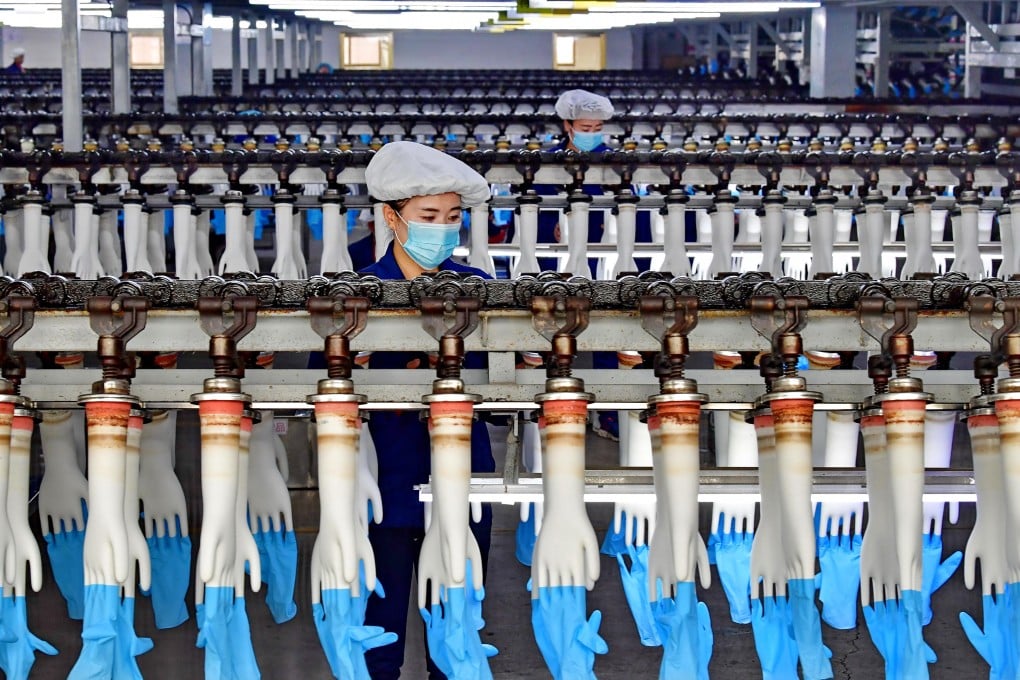US election: China’s trade gap with United States was 43 per cent bigger in September than when Donald Trump took office
- In a record month for Chinese imports, purchases of US goods soared by 24.7 per cent in September from a year earlier, powered by soybeans and hi-tech imports
- But this was not enough to stop the deficit from rising 18.86 per cent in September from a year ago, or 43.6 per cent since Trump’s first day in charge

China’s trade surplus with the United States was 43.6 per cent larger last month than in January 2017 when Donald Trump was sworn into office, according to the final monthly trade figures released by Beijing before November’s US presidential election.
But the deficit has remained stubbornly hard to narrow, even as China has sped up purchases of politically important American commodities such as soybeans, pork and corn.
China’s US imports rose by 24.7 per cent last month to US$13.2 billion – the highest monthly import total since August 2018, one month after the trade war began. The surge came as total imports reached an all-time high of US$203 billion, the customs agency said, suggesting that the worst of China’s prolonged consumption slump may be over.

China’s grain imports also rose 35 per cent from a year earlier, while inbound meat shipments were up 40.5 per cent. Soybean shipments rose 17.6 per cent compared with September 2019 to US$3.7 billion, with “weekly data suggesting that China’s September soybean imports from the US more than tripled in volume from last year”, said Betty Wang, senior China economist at ANZ.